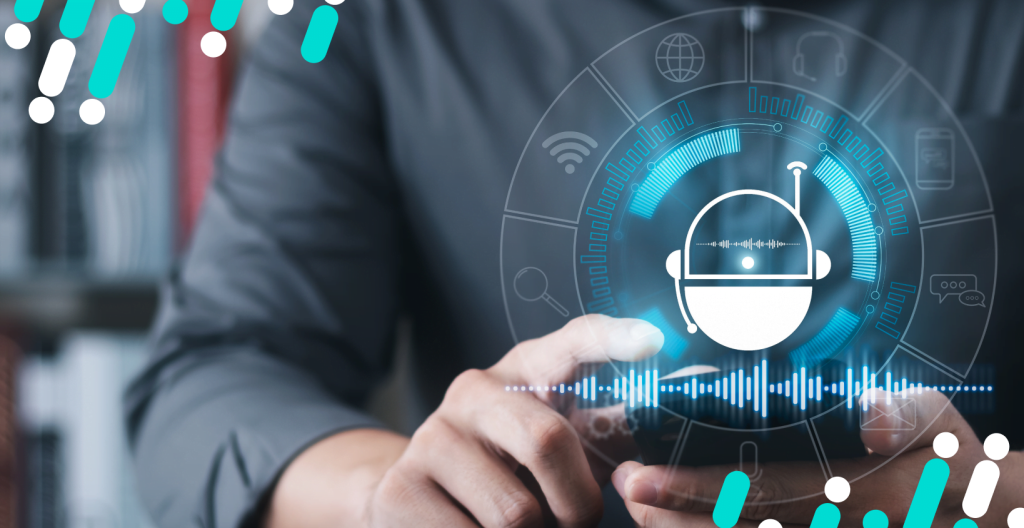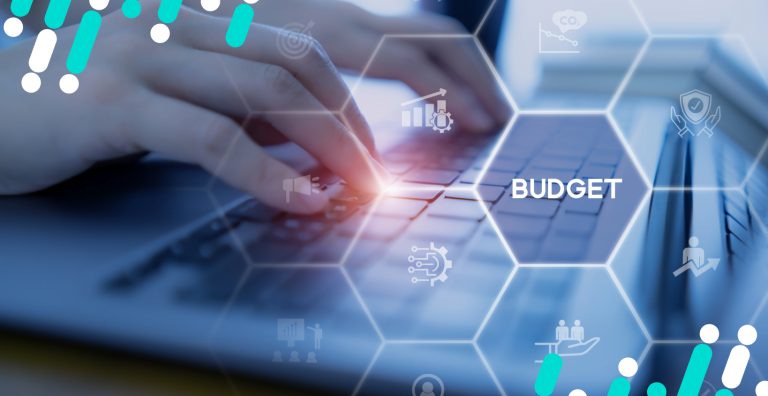Imagine a workplace where you interact with really smart machines and systems that help you achieve work-related tasks and goals. This is what Artificial Intelligence (AI) can bring to you and your business. In this Fintech CEO entry, innovative computational ways AI is enhancing how employees work in SMEs.
Automation and Routine Tasks
Routine tasks in the workday can sometimes be compared to Brussels sprouts. Everyone knows how good they are for you, but few tend to avoid them. But what if there were a way to delegate those tasks to an entity which could handle them in the right manner? Welcome to the new world of automation with AI.
The Mundane Made Easy
AI is readily available to support line-of-business tasks that are mundane routine, such as data entry, scheduling appointments, and answering customer service. Ever chatted online with a representative of customer service?
That exchange might have been churned out by a chatbot masterfully programmed to answer pretty much any question with the acuity and economy of one highly trained actor—no drama bits, of course.
The Ups and The Downs
- The Good News: Automation can seriously free up your time, letting you focus on tasks that require a human touch, like creative brainstorming or strategic planning.
- The Flip Side: Well, let’s be real, robots aren’t taking over just yet. AI can misunderstand instructions due to language nuances or lack of context.
A Quick Aside
Let’s face it: no one enjoys repetitive tasks. AI is like that helpful colleague who says, “I’ll handle it!”. Automation provides a clear advantage. Delegating routine tasks to be performed by AI systems frees the employees to contribute toward more impactful projects which may be undertaken and eventually improve resource allocation within a business.
However, while AI leads to increased productivity, it calls for human intervention, such as balancing automated systems to ensure quality and accuracy.
Decision-Making Support
Imagine you had a gadget that could tell you how much you would sell, show you the trend in the market, and tell you when it’s time to introduce new products. That’d be really cool, right? Well, minus the smoke and incense, this is what AI is.
The Numbers Game
In the business realm, data is like gold. But data alone is just a bunch of numbers stacked together like a Tetris game. AI can sift through heaps of data faster than you can say “spreadsheet.” It analyses trends, predicts outcomes, and presents you with insights.
Navigating the Maze
Data is the key to SMEs; it is precious but also rather hard to understand. AI eliminates such a challenge and instead unearths clear patterns and actionable insights that drive business strategy, particularly relevant in an arena where small firms seek to compete against giant-sized players.
Ethical Consideration Alert
It is important to note that AI should not substitute for human judgement but rather be a tool that aids in the decision-making process, ultimately being subject to the quality of data provided. So, companies must take many precautions with the data they feed into these systems; it needs to be correct and free from biases.
Employee Training and Development
Remember sitting through those death-by-PowerPoint training modules that seemed to take an eternity to finish? You’d click through slides, pretending to read while daydreaming about your weekend plans. Good news! The landscape of training and development is getting a high-tech makeover, and AI is at the wheel.
The Personal Trainer You Never Knew You Needed
When we talk about employee training, we often imagine a one-size-fits-all approach. But does that really work, though? It doesn’t. And that is where AI comes in. Imagine now a training program that adjusts according to each learner’s style and pace. It does not just offer you extra resources but also has a personal trainer who makes sure you’re always flexing those mental muscles the right way.
A League of Extraordinary Skills
In a fintech firm, keeping your team updated on the latest advancements in digital payments can be challenging. An AI-powered platform simplifies complex concepts into manageable segments, enabling your team to grasp the essential information without specialised expertise. This leads to a more informed and engaged workforce, enhancing productivity.
Furthermore, AI can monitor performance metrics, offering personalised training based on individual strengths and weaknesses while also forecasting future skill demands to keep your team competitive.
Tying it All Together
AI has transformed employee training from a formality into a dynamic, personalised process. Whether in a leadership position or part of the team, AI fosters continuous learning and improvement, tailored to meet individual needs and goals.
The Remote Work Revolution
With advanced technology, many are now comfortable working from home in casuals solely because of the aspiration of the dream. AI upgrades the scope of work originally developed from homes as a stop-gap arrangement to a perfect model of efficiency and productivity.
The Virtual Office Enhancement
We have all adjusted to video conferencing platforms such as Zoom and Teams, and this has become a necessity in the world of remote working. AI is further improving these tools by introducing real-time transcription, automatic meeting summaries and sentiment analysis to assess employees’ engagement, literally becoming the virtual office assistant.
Optimising Time Zone Coordination
It is very hard to schedule people who are cutting across time zones. The AI tool can analyse the employees’ working hours, prior commitments, and preferred meeting times for scheduling, essentially working like a highly efficient, indefatigable secretary.
Fostering Team Connectivity
Remote work tends to make a person feel isolated. However, AI algorithms might trace communications, identify disengaged members of the team, and then propose team-building exercises or check-in activities that can keep the social ties active and alive.
In summary, AI proves to be a valuable tool for augmenting the efficacy of remote work. AI will ease scheduling issues and virtual meetings while supporting team morale and effectiveness so that remote work is no longer a fad but a place to stay.
The Ethical Considerations of AI in the Workplace
Privacy: Monitoring in the Workplace
AI can collect and accumulate huge amounts of data, so it will be able to collect massive amounts of information that include performance metrics, internet usage, and even the tone of communications. Again, these raise very serious concerns over privacy, and clear limits will have to be drawn on who collects what data from whom and the way data is used by employers and employees alike.
Machine Bias: The Illusion of Neutrality
Although AI is sometimes considered to be unbiased, it learns from previously compiled data, which may have inherent biases along the lines of race, gender, etc. In other words, these systems could inadvertently create and proliferate the very bias where decisions are taken based on the employee. The training data used for all these algorithms thus needs to be looked at critically.
Job Security: The Automation Dilemma
Automation shift is also scary job displacement. Though AI improves operations efficiently, a business needs to weigh its influence on human jobs. Retraining and transition support can be useful in mitigating the negative impacts.
The transformative potential of AI carries considerable ethical responsibility that we stand to address. As we incorporate AI into the workplace, these considerations must guide the efforts to ensure fair and meaningful use of the technology involved.
Pulse: Powering Smarter Financial Decisions
Let’s face it—managing finances can be a bit of a maze. But with Pulse, you have a guide to navigate. Think of Pulse as your personal financial assistant with smart tools designed to make the art of tracking your money less painful.
Pulse’s portal lets you keep tabs on cash flows and financial trends with the best decisions towards propelling your business forward. That is all there is to creating easy and effective financial management!
The AI-Infused Future is Here Now
It is tempting to imagine AI as this otherworldly force, but let’s remember—it’s a tool. How we make use of it, how we govern it, and how we integrate it into our workplace culture is totally in our hands. It can be your best friend or a problematic fad, depending on how responsibly and thoughtfully you roll it out.
So, what’s your stance? Are you embracing AI with open arms or eyeing it from across the room with suspicion? Either way, it is certain that the conversation about AI in the workplace is very much here and now, and all of us must contribute to it.
Make informed, data-driven decisions based on more than just gut feeling – give your business’s success more of a fighting chance. Get in touch with us today to discover how Pulse can transform your financial insight. Get in touch with our team at info@mypulse.io to book your demo today!

















